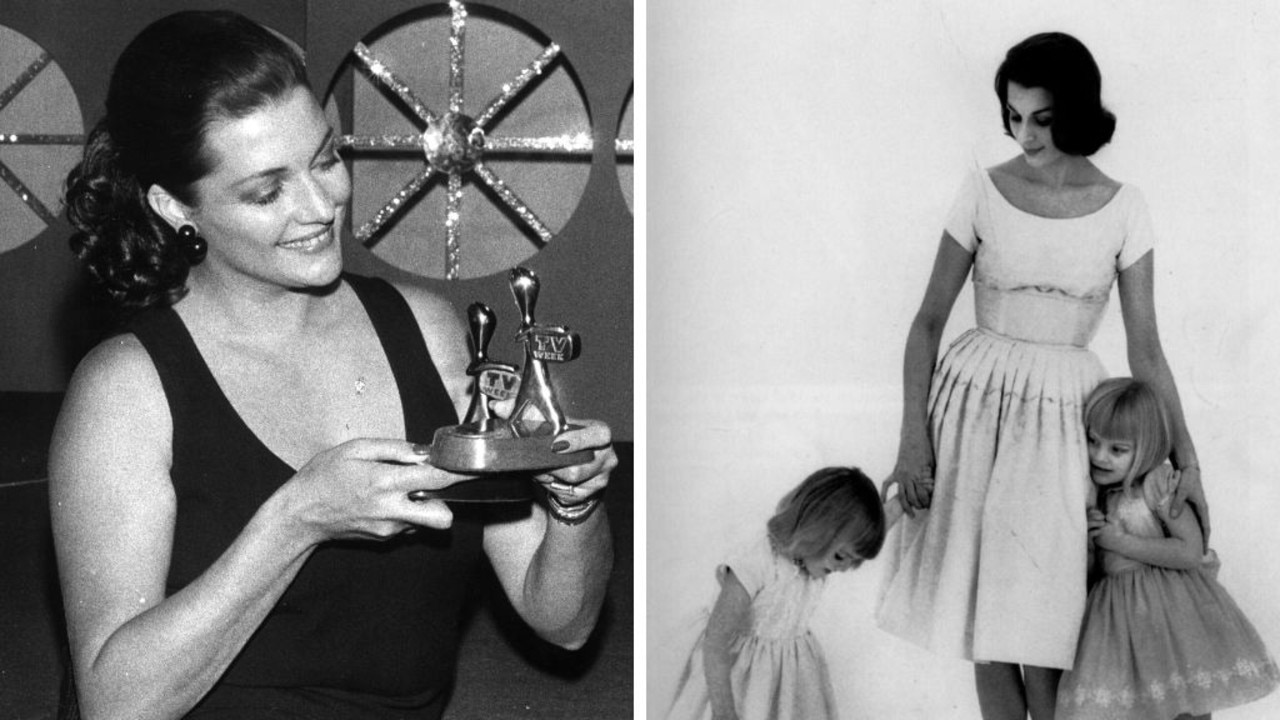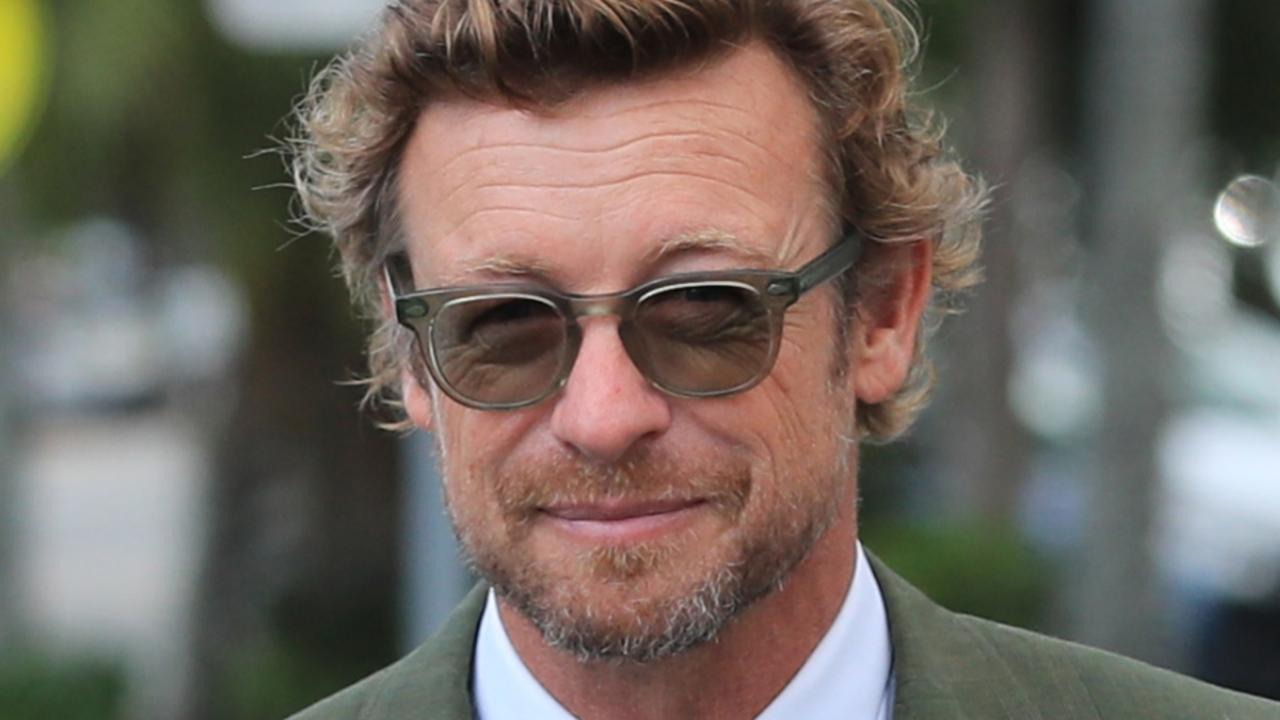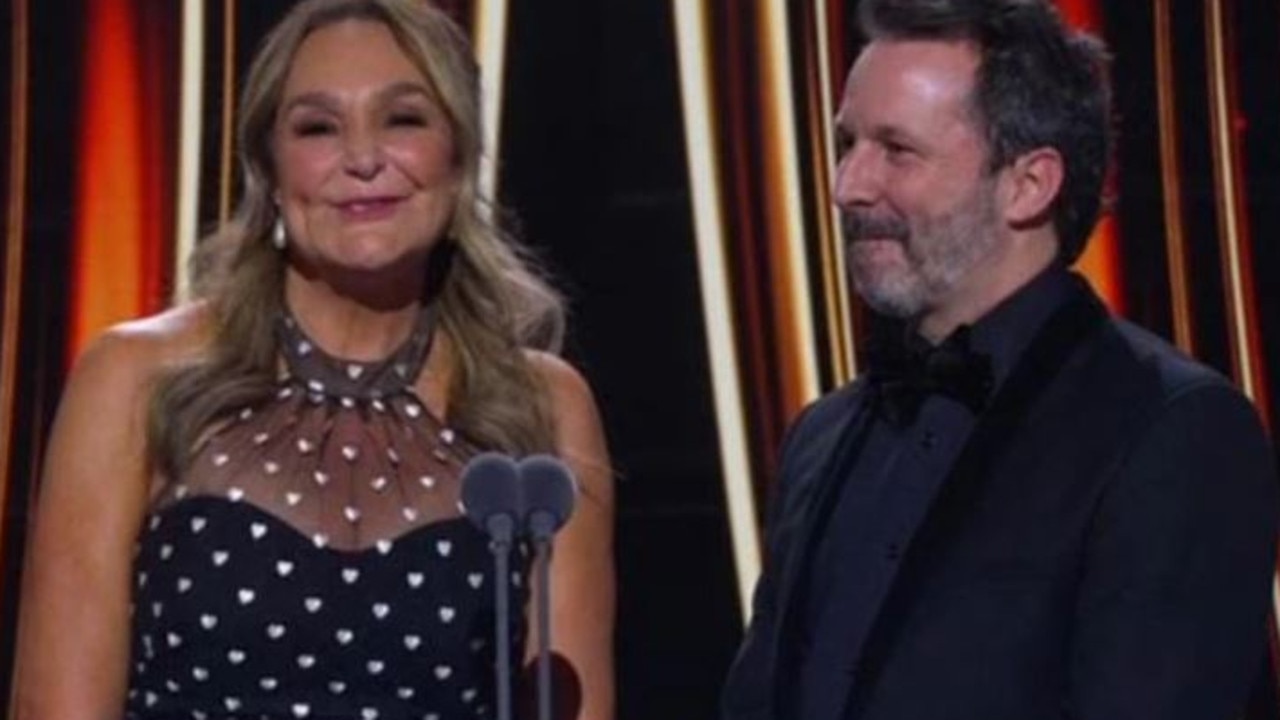Waleed Aly reveals his ‘darkest period’
It was supposed to be the peak of his career, but The Project’s Waleed Aly has opened up about what was really his “darkest period”.
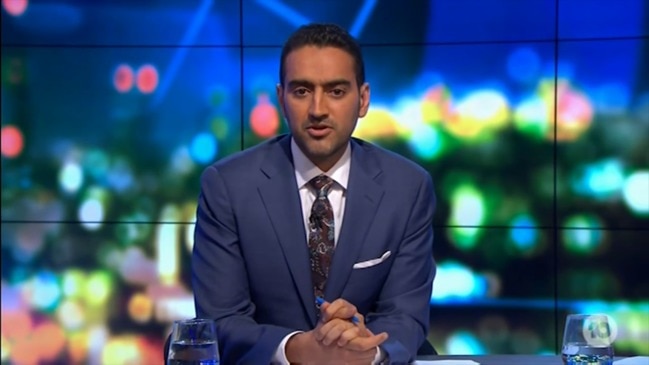
For Waleed Aly, winning the Gold Logie in 2016 should have been a crowning achievement.
But according to The Project host, it was more like a tipping point. As Australia’s most prominent Muslim figure, the 40-year-old broadcaster known for his viral monologues is also a lightning rod for controversy.
While he usually doesn’t let the hate mail, abuse and even death threats faze him, he admits he has “been to the edge a few times”.
“Not in the form of clinical depression but certainly I’ve felt pressure so extreme it weighs me down and leaves me unable to work,” he told GQ Australia in an interview to mark the 10th anniversary of the panel show, which Aly has helmed for the past five.
“The great irony in my case is that my lowest points personally coincide with what are supposedly my greatest professional successes.”
Aly said 2016 and 2017, when he won Best Personality on Australian Television and was named “Australia’s most culturally powerful person” by the Australian Financial Review Magazine, was actually “the darkest period of my life”.
“Behind the scenes I was completely knackered, not having a breakdown … broken.”
He blamed the trouble on “celebrity and its ‘terms of engagement’”.
“I mean the kerfuffle when I won the Logie was so weird,” he told GQ.
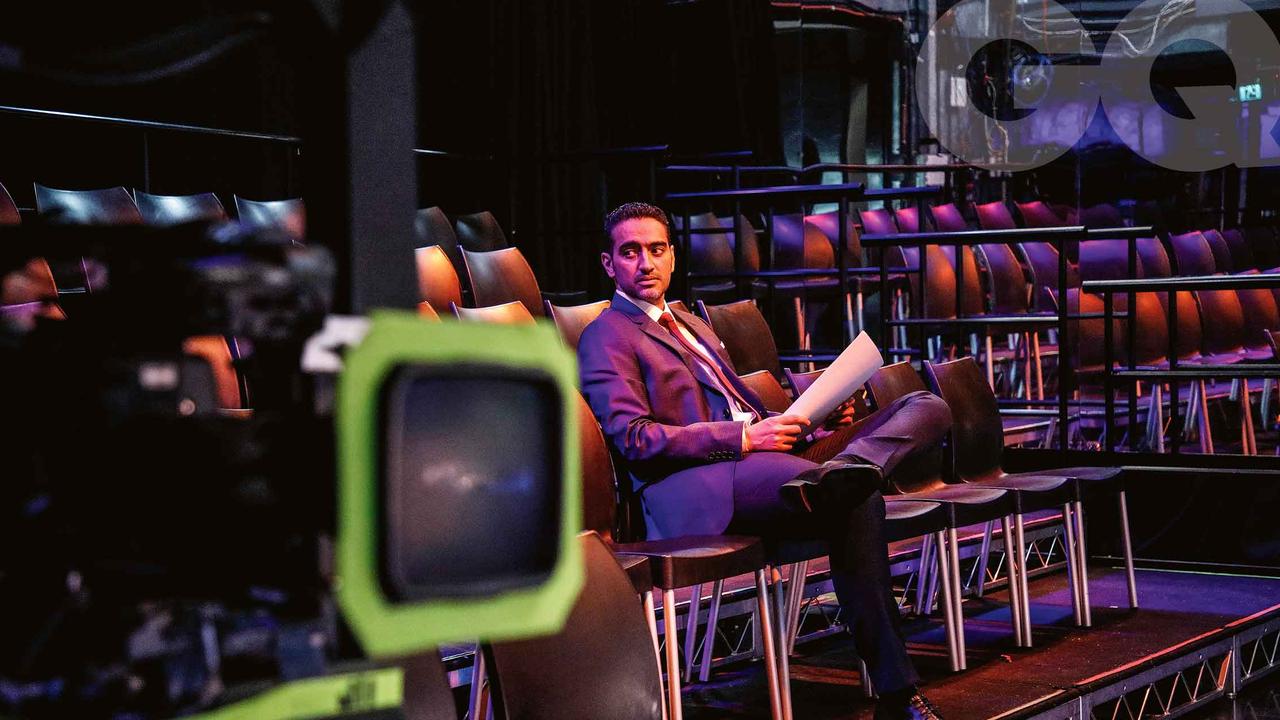
“It wasn’t like I’d rigged an election, yet many people perceived it to be this monstrous injustice. It’s a Trump move — paint me as a fraud and that allows some people to set a narrative and survive a moment where I succeed.”
Former managing editor of The Project Tom Whitty — who co-authored many of Aly’s viral monologues on hot-button topics ranging from ISIS to dairy farmers — said many worried about his workload.
“Every single person who works with Waleed worries about his workload and no one knows how he’s doing it,” Whitty told GQ. “Even his bosses are on at him to do less.”
After his tearful editorial on the Christchurch massacre — which was followed by a contrasting frosty interview with Prime Minister Scott Morrison and warm embrace with New Zealand PM Jacinda Ardern — was viewed more than 14 million times within 24 hours, Aly declined requests from The New York Times, CNN and BBC.
“My instinct is always to remove myself from the story and commercial TV is the opposite — it makes the host the story,” he said.
He denied assertions he uses The Project to promote his agenda. “I’m not interested in playing to the gallery or winning approval,” he told GQ.
“Ratings are an important calculation in commercial television, sure, but I don’t think of the show as a weapon for change, a vehicle for remaking the world or as a platform for imprinting my world-view on anything. It’s a forum where issues can be agitated and I try to agitate them responsibly so we perform a service for our audience.”


